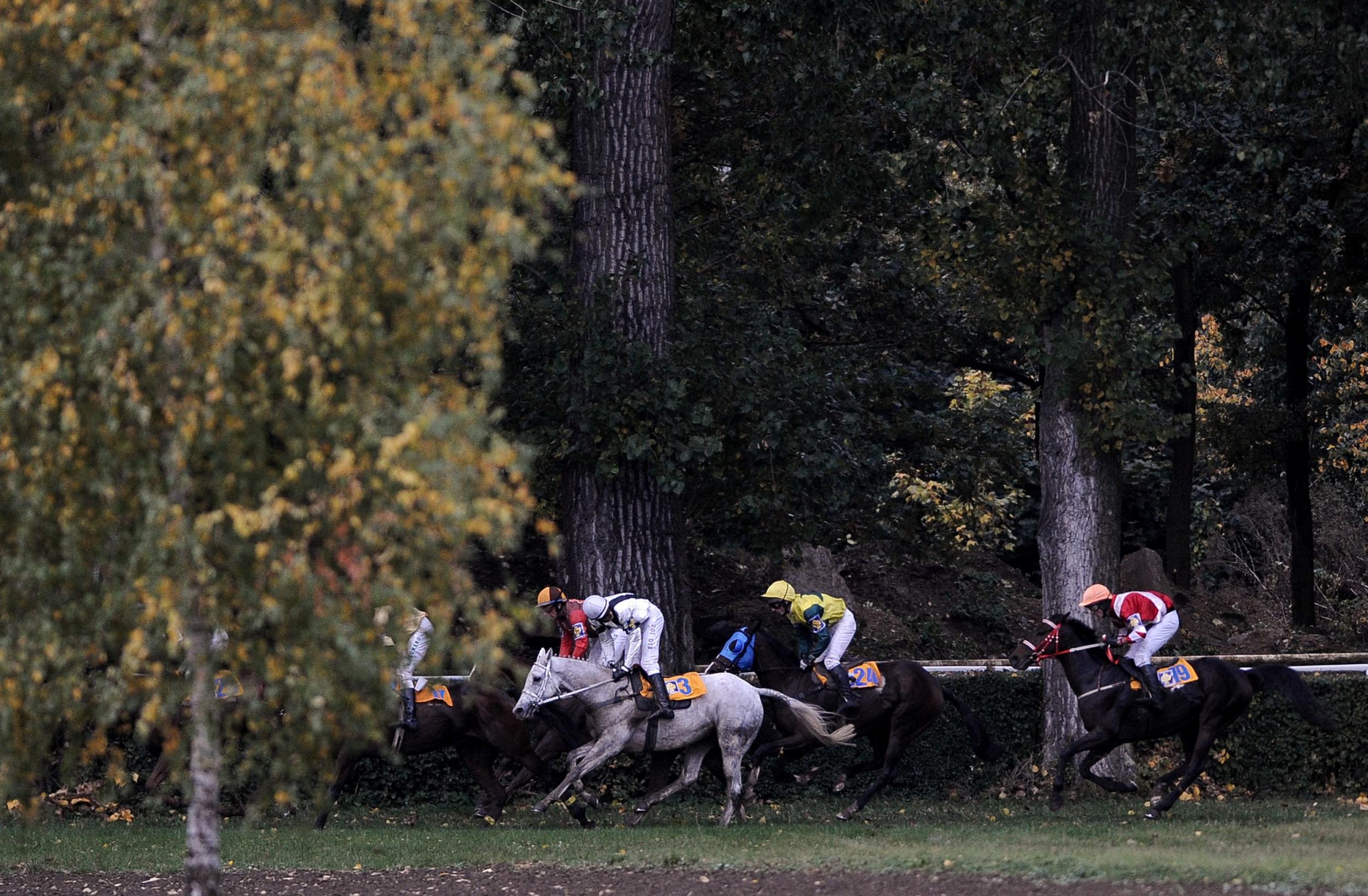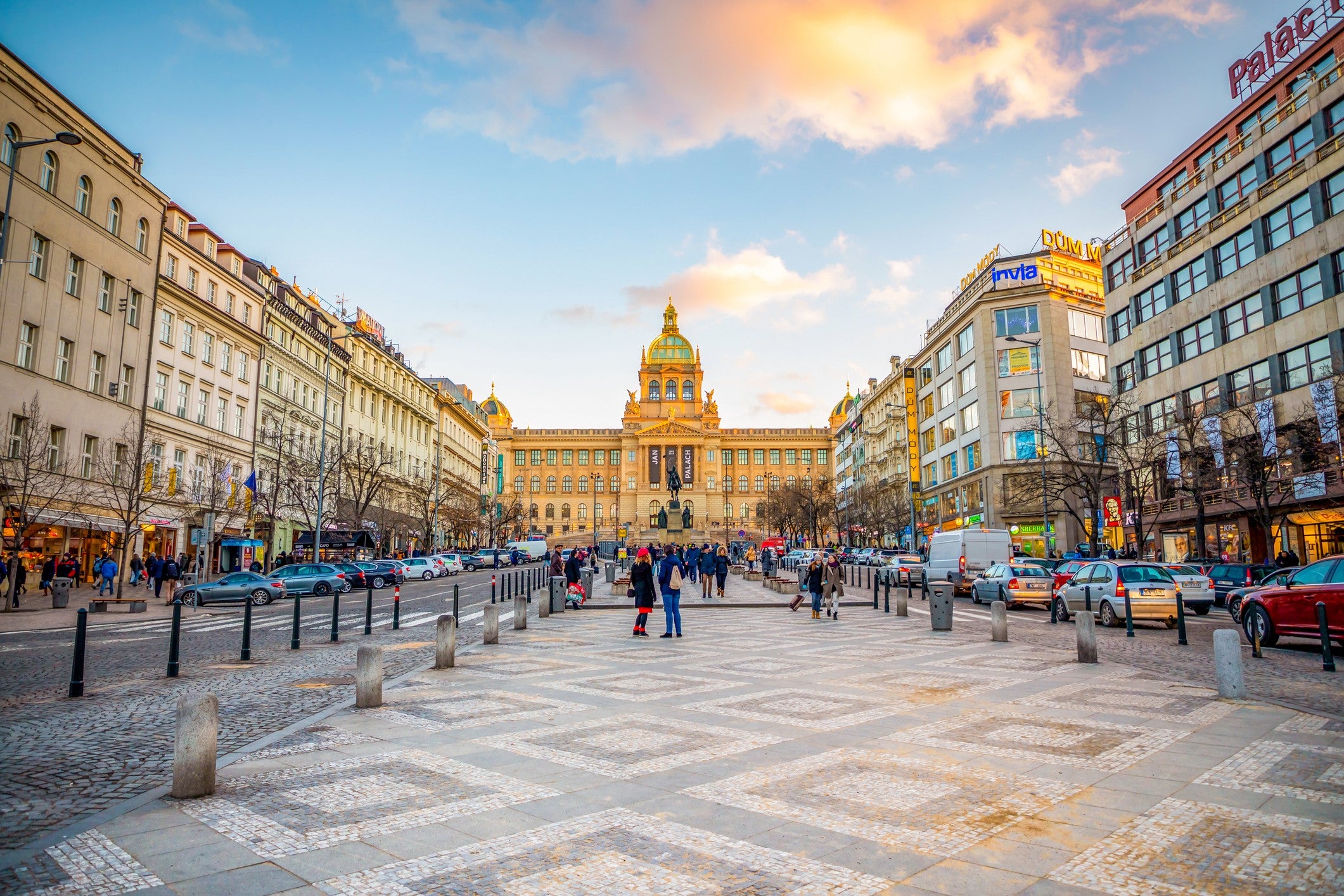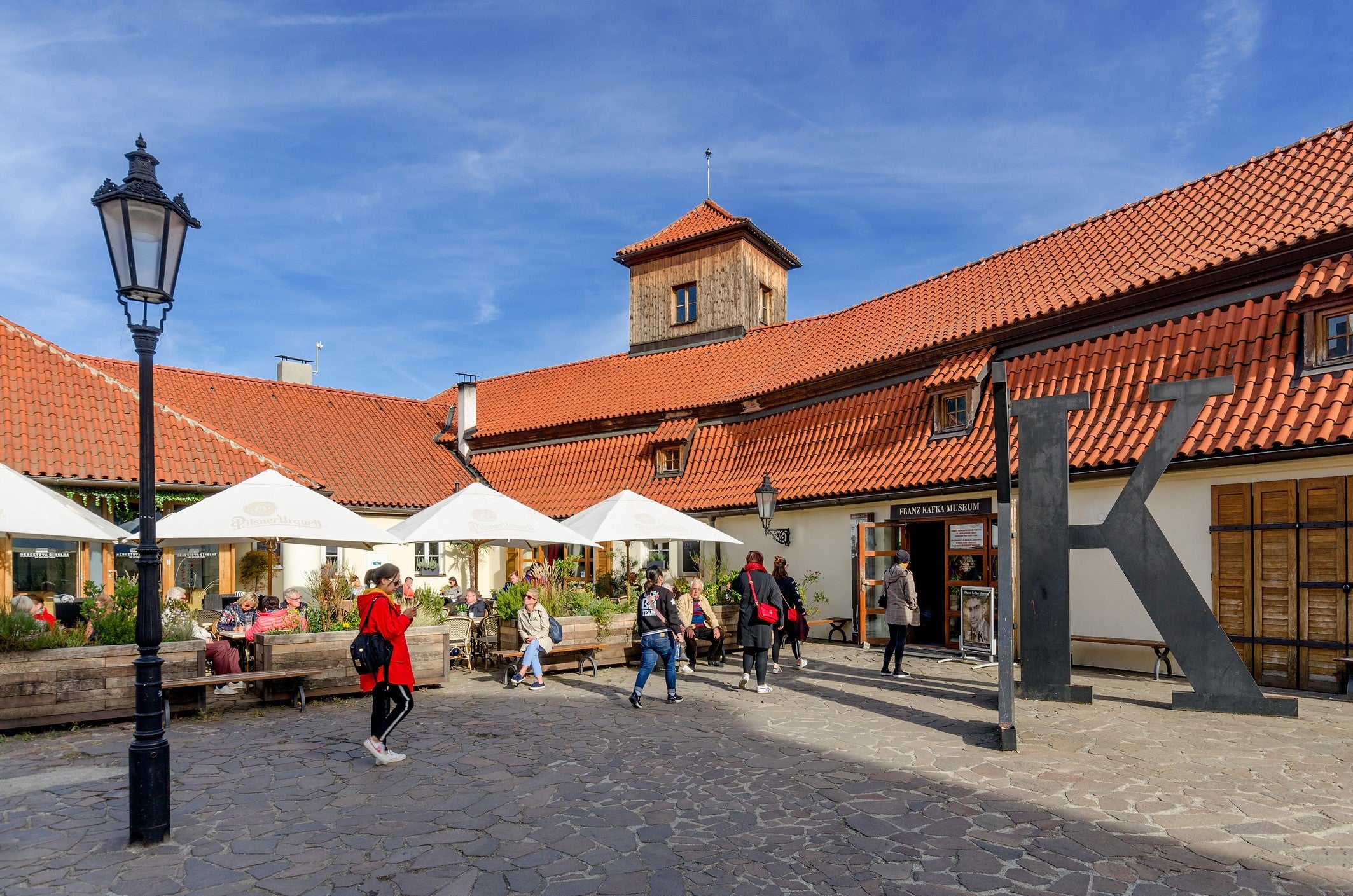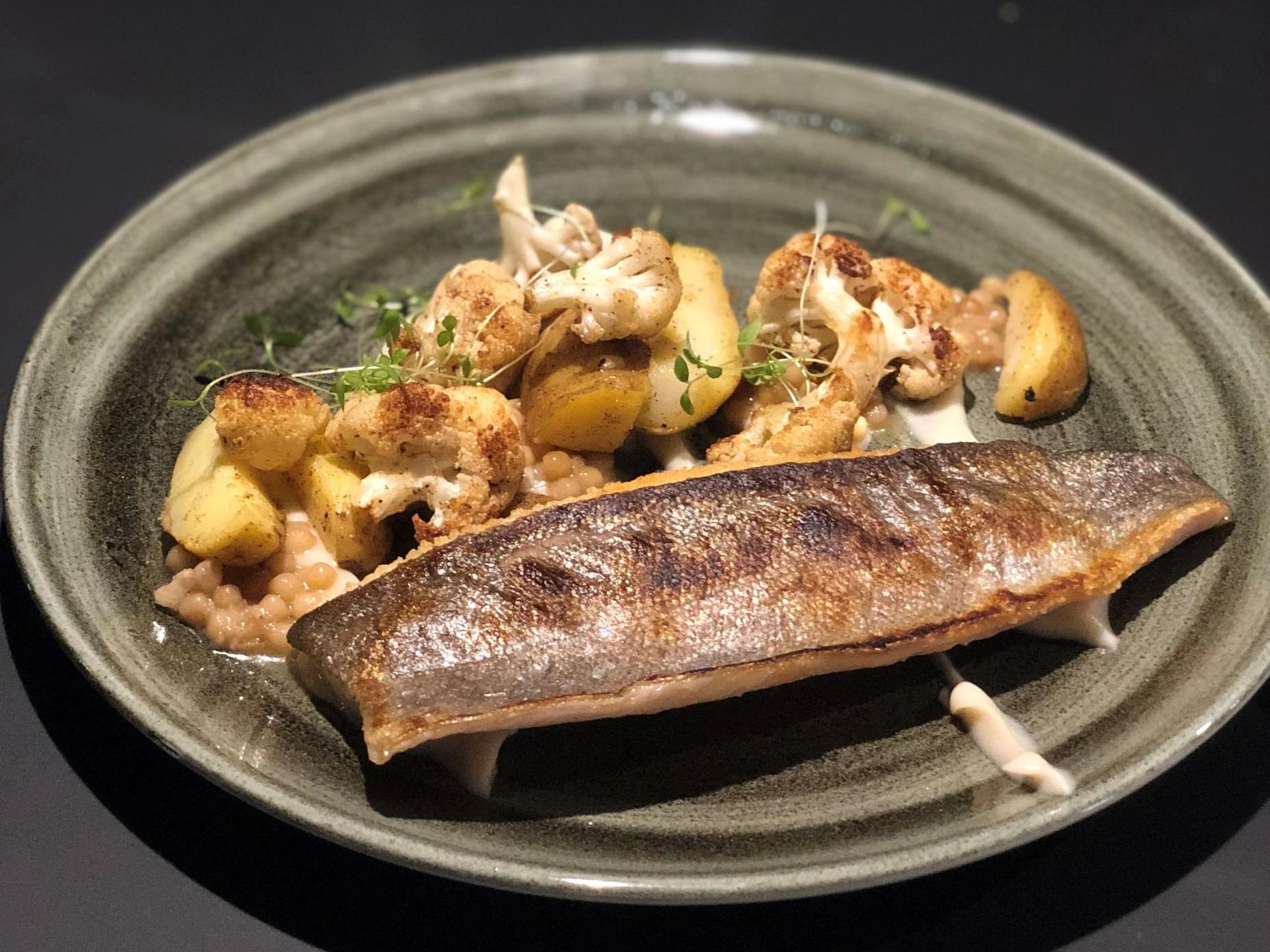How to spend the weekend in Prague if you’re visiting for the Velka Pardubicka
Teeming Prague has Kafka, cracking cocktails and the Velka Pardubicka horse race, which takes place this weekend. Ed Cumming explains how to make the most of the Czech capital

Your support helps us to tell the story
From reproductive rights to climate change to Big Tech, The Independent is on the ground when the story is developing. Whether it's investigating the financials of Elon Musk's pro-Trump PAC or producing our latest documentary, 'The A Word', which shines a light on the American women fighting for reproductive rights, we know how important it is to parse out the facts from the messaging.
At such a critical moment in US history, we need reporters on the ground. Your donation allows us to keep sending journalists to speak to both sides of the story.
The Independent is trusted by Americans across the entire political spectrum. And unlike many other quality news outlets, we choose not to lock Americans out of our reporting and analysis with paywalls. We believe quality journalism should be available to everyone, paid for by those who can afford it.
Your support makes all the difference.The Velka Pardubicka, or “Pardubice”, is a horse race outside Prague that takes place this Sunday 13 October. Often billed as the most dangerous race on earth, it makes the Grand National look like a trot round Hyde Park. It is a steeplechase, which means that as well as the usual fences there are a whole array of other impediments like water ditches and short slopes for the horses to navigate. There is also a small copse to go around and a “ploughed field” of dusty mud, along with the Great Taxis Ditch, an eight-metre obstacle that can only be jumped once a year.
British and Irish racing has a long connection with the race, with many riders coming over to take part. The interest has tailed off in recent years, and no British rider has won since 1995. Partly this is because the race is insanely dangerous for jockeys as well as horses. The British former jockey Marcus Armytage, now a racing writer and commentator, has said his own moment of clarity, having ridden several times, came as he received treatment next to a colleague who was receiving a heart massage. That is nothing on the all-time champion, the Czech Josef Vana, whose eight victories in the race are less impressive than the fact that he was once declared dead after a fall only to recover and be back in the saddle two months later.
Compared to British races the atmosphere is relaxed, with no dress code or champagne receptions. The course is lined with tall trees, with horse and cart rides taking spectators around. The stands could use some TLC, and and the food is disastrous. It feels a bit like what I imagine racing in Britain was in about 1960.
When I visited last year, the Anglo-Irish interest came from Leighton Aspell, who won the Grand National in 2014 and 2015 on Pineau de Re and Many Clouds. He didn’t make it round the course, but he fared better than a rider in the first race we saw, who was knocked unconscious and dragged shockingly like a rag doll, one foot caught in a stirrup, for 400 yards before being driven off in an ambulance. “If the lights are flashing that means he’s still alive,” one of the other British visitors said confidently behind me.
They were as horsey a bunch as you might expect. I asked one woman sitting in front of me whether she rode. “I hunt side-saddle,” she replied. Other conversations lamented the demise of the ‘real’ Grand National. It was that kind of day out.

The Pardubice will never be popular with those who oppose racing on animal welfare grounds, but it was a thrilling way to get out of Prague for the day.
More than most other European cities, except possibly Venice, Prague is suffocated with tourists. Wenceslas Square and the other major tourist attractions are almost unnavigable, such is the crush of people. Every five yards you bump into someone wearing a t-shirt saying “PUB CRAWL” or trying to sell you a pork knuckle or on leading a blind-drunk stag towards a strip club. The city is still reasonably cheap and its central European location means anyone can rock up by road, air or rail. Peace and relaxation are at a premium, and not only the kind offered by more insalubrious late-night venues called things like “Night Gym”.

Tourist hotspot: Wenceslas Square in a rare moment of calm (Getty)
In fact the only satisfactory tourist experience was at the Kafka museum, a gloomy and evocative little place that seems less like a museum and more a performance art exploration of the author’s work. In the queue for tickets we waited for 15 minutes while the woman behind the till argued over half a penny’s change with the couple in front. When we finally got to the front, we were directed to another till. “Ticket there, souvenir here,” we were told firmly. If only there was a word for a situation that was similar to those found in Kafka.

Book tour: chop away at the frozen sea within at the Kafka Museum (Getty)
Briefly diving back into the city at Hemingway’s bar we were made a martini good enough for us to trust the other recommendations of its creator, Josef. There’s Banker’s Bar, inspired by the 20th century’s financial cases, for more drinks. Beyond that, his advice was to get moving. Most tourists seem not to have realised that just minutes away from the seething centre, a far more agreeable version of Prague is to be found. Holesevice, across the river from the main drag, is full of craft beers and independent bars, for example.
The best food we had on the trip was at Eatery, a new restaurant started from young chef Pavel Bycek, who trained at Galvin at Windows in Mayfair. From a large open-plan kitchen in a chicly minimalist dining room he and his team serve wonderful interpretations of classic Czech dishes, staying faithful to local produce and seasonality: beef tongue with horseradish, pork and cabbage, sour lentils, pumpkin soup. All delicious. It’s not far from the DOX centre of contemporary art and near the stunning Cross Club. Even if you hate clubbing it is worth stopping by Cross for a drink to see the architecture, a kind of steampunk dreamscape of artful scrap and wrought iron.

The wide boulevards of Karlin, back across the river, are more like parts of Brooklyn, with hipsters walking small dogs to brunch or coffee dates. Tea Mountain has a wide selection of fine and rare teas. Loft Cafe, opposite, does a mean flat white, and just down the road Muj salek kavy has reliable queues for coffee and baked goods. More surprisingly, Prague in recent years has had an explosion of excellent Asian restaurants. Chief among them is perhaps Sia, not far from the railway station, spread over several storeys – and Asian countries – and doing a good job of them all.
Prague’s food and drink is not the only aspect of the city being updated. It remains fabulously walkable, and taxis are good value; but if you fancy a 21st century twist on getting around, you can try one of the thousands of electric scooters that now gather on the city’s pavements, unlockable via the Lime app. It’s good fun but you will spend some time crashing into things. As the brave riders in the Pardubice know, the best journeys come with a bit of risk.
Travel essentials
Ryanair, easyJet, Wizz Air and British Airways fly from the UK to Prague from around £31 return.
For information on visiting Prague, visit prague.eu/en
Join our commenting forum
Join thought-provoking conversations, follow other Independent readers and see their replies
Comments